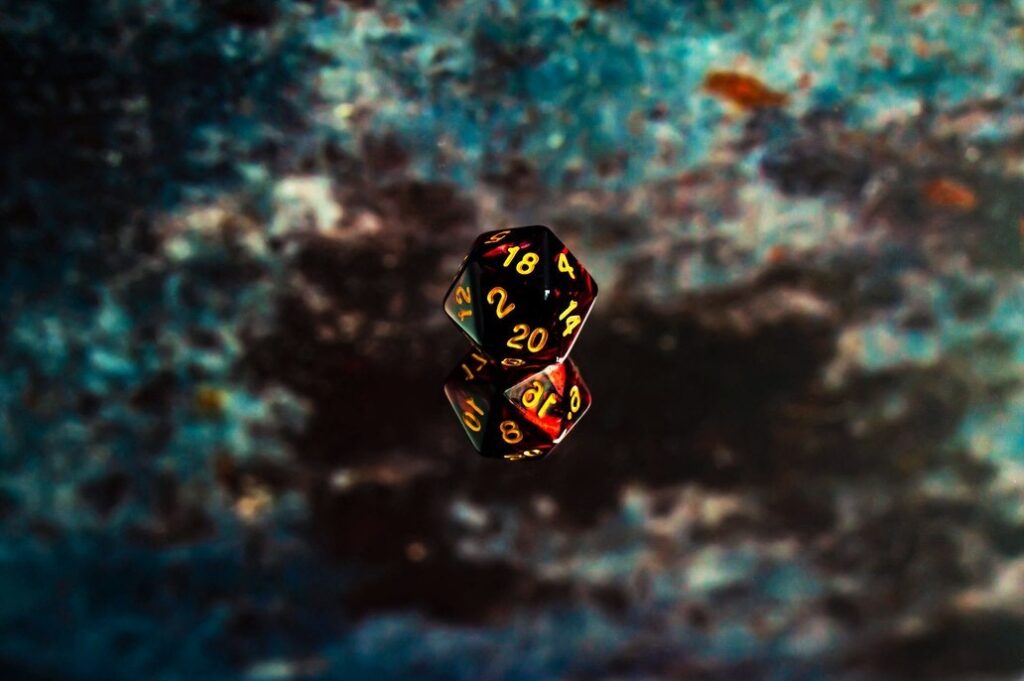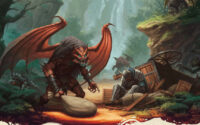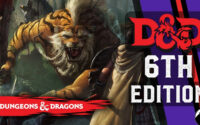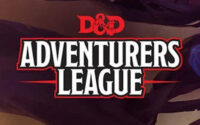Who Invented Dungeons & Dragons, Gygax Or Arneson?

LINK: https://www.wired.com/2021/10/geeks-guide-game-wizards/
This is from Wired Magazine, to me the credit goes to Gary Gygax for being the author that’s how I take the material because Gygax is the “front” of the publication so he gets credit.
Dungeons & Dragons RPG itself, according to TSR material comes from the early 1970’s from a “gaming community” of RPG games, Dungeons & Dragons according to TSR was derived from the game “Chainmail” which is a table top RPG Game from the same “gaming community”.
Their material and pamphlets at the time included ordering information for “TSR Rules” RPG gaming format which was just one gaming group at the time coming from the same community as the game Chainmail.
TSR Rules became Dungeons & Dragons and then dominated the RPG market by the early 1980’s with probably many of these other gaming groups from the early 1970’s mostly forgotten I would assume.
The Battle Over Dungeons & Dragons Was the Ultimate Geek War
Following the unexpected success of Dungeons & Dragons in the late ’70s, game designers Gary Gygax and Dave Arneson waged a decade-long battle over who should be considered the true creator of D&D. Gaming historian Jon Peterson chronicles that struggle in his new book Game Wizards: The Epic Battle for Dungeons & Dragons.
“I managed to find enough sources that most of the questions I thought were interesting I can at least shed some light on,” Peterson says in Episode 489 of the Geek’s Guide to the Galaxy podcast. “A lot don’t have definitive answers, but I think I can at least paint enough of a picture.”
Game Wizards may come as a shock for many D&D fans. Peterson’s account quotes extensively from primary sources, including letters and legal documents, many of which paint Gygax and Arneson as deeply flawed people. “It’s not fun to write something that is, ultimately, pretty negative,” Peterson says. “But at the same time, I think it’s necessary. If you don’t get the nuances of these business and legal circumstances, there are just causes and effects that you’re not going to understand.”
Peterson tried hard to treat all of his characters with respect and sympathy. “Everyone made mistakes, and everyone had their egos and everything else,” he says. “But I think they were trying to make the best of a situation nobody expected they’d be in. Suddenly they’re in it, and what are they going to do? So I hope no one comes across in this as a villain.”
As for the question of who should be considered the true creator of Dungeons & Dragons, Peterson believes the game was clearly a group effort. “It’s drawing on all these different sources and experiences, and all these different inputs that went into it—whether that’s Braunsteins, whether that’s all these different phenomena that were going on in the time leading up to D&D,” he says. “It’s never the right thing to break down the invention of something with this kind of cultural significance to one single individual.”


